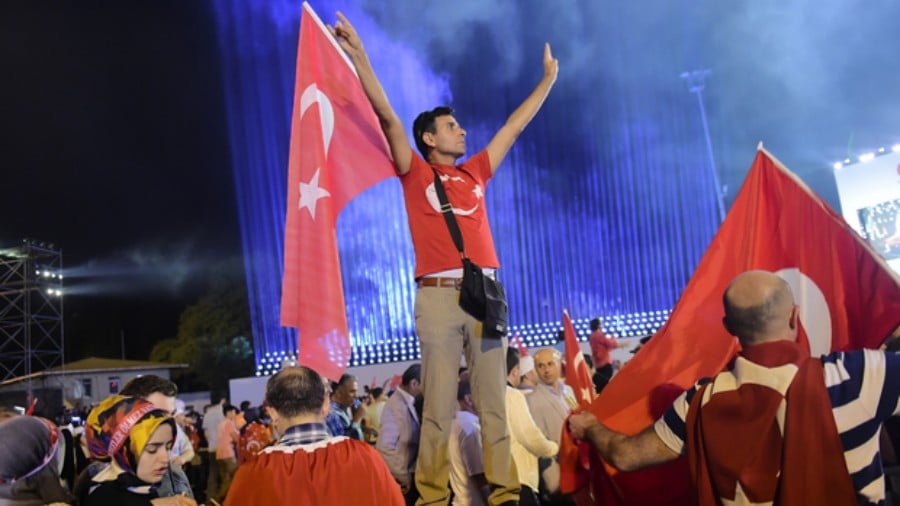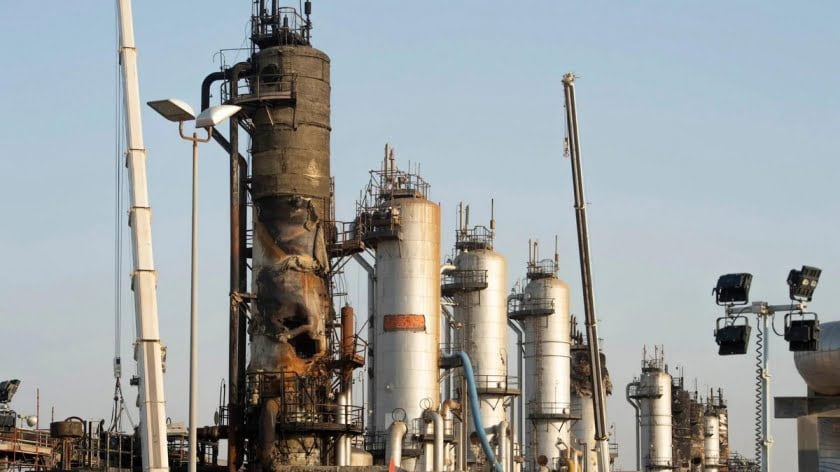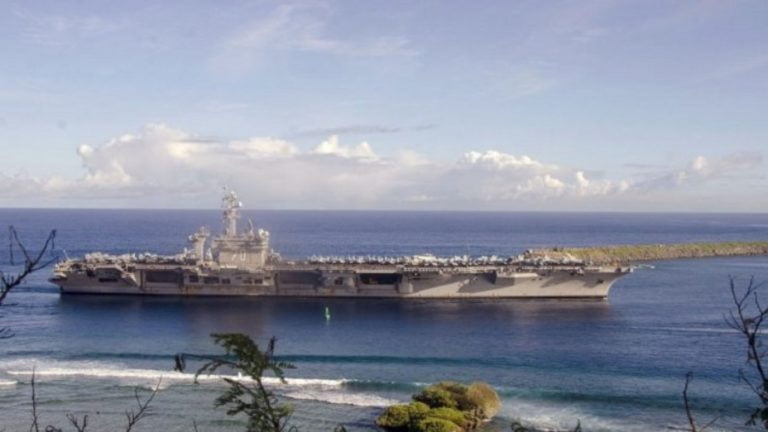The Night Turkey Changed Forever
Two years ago on 15 July, Turkey witnessed the bloodiest coup attempt in its political history. A faction in the Turkish military launched a coordinated operation in several major cities across Anatolia to topple the government and unseat the country’s strongman president, Recep Tayyip Erdogan.
What happened next was something unprecedented: thousands of ordinary Turks, armed with little more than kitchen utensils and bare fists, took to the streets to oppose the coup attempt.
A historic victory
The crowds resisted live ammunition, tank fire and air strikes and – with some help from pro-government security forces – defeated the coup attempt in a matter of hours.
But the historic victory did not come easily: more than 250 people – including coup plotters, civilians and loyalist officers – were killed and thousands more were injured. Many public buildings, including the parliament building in Ankara, were heavily damaged.
The next morning, despite all the losses, the mood in the country was jubilant. Supporters and opponents of Erdogan alike were proud to have saved the country from facing the fourth devastating military coup in its relatively short political history.
Supporters and opponents of Erdogan alike were proud to have saved the country from facing the fourth devastating military coup in its relatively short political history
At that moment, it appeared the coup attempt encouraged Turkish public and politicians to leave behind their deep-rooted differences and unite to protect and nurture Turkey’s democracy. A week after the failed coup attempt, Erdogan held a rare meeting with two opposition leaders at his presidential palace in Ankara.
Several “national unity” rallies, attended by both Erdogan and the opposition, were also held across the country. But soon enough, at least for some Turks, the sense of unity and pride was replaced with fear and doubt.
The purge
The Turkish government blamed the failed coup attempt on Fethullah Gulen, a Turkish preacher and former Erdogan ally who has long been living in self-imposed exile in the United States.
A state of emergency was declared and anyone who appeared to have the faintest link to Gulen and his supporters was punished swiftly. In a matter of weeks, tens of thousands of people in the military, police, judiciary, civil service and education were detained, suspended or sacked for alleged links to the Gulen movement.
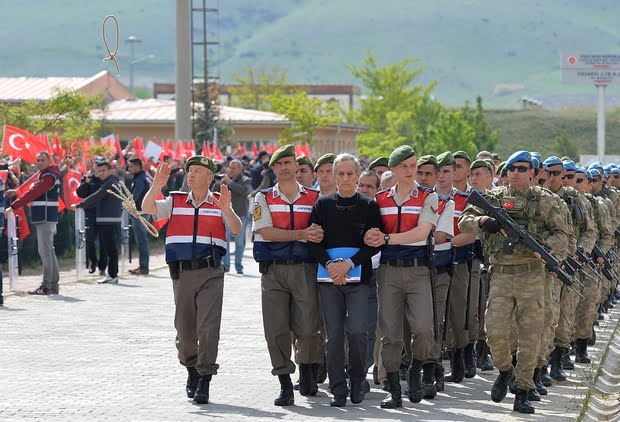
For a short while, almost everyone in Turkey, including some of the most anti-Erdogan opposition groups, were supportive of these operations – they agreed that Gulenists were responsible for one of the darkest nights in Turkish history, wanted revenge and viewed the arrests as a necessary tool to rid the state of coup plotters.
The memories of past military coups, and their devastating effects on the political sphere and the society at large, were still fresh on many people’s minds.
Soon it became apparent to many that the government’s heavy-handed response to the coup attempt was in fact a widescale purge in which opposition voices from across the political spectrum were silenced and punished
Soon it became apparent to many (inside and outside Turkey) that the government’s heavy-handed response to the coup attempt was in fact a widescale purge in which opposition voices from across the political spectrum were silenced and punished, including the ones that had nothing to do with the coup attempt.
The opposition accused the government of taking advantage of the situation and attempting a political counter-coup, but with the public’s support still firmly behind the president and wounds left by the violence still fresh, their complaints were met with deaf ears.
Turkey’s Kurds: unexpected victims
The Kurdish peace process was another victim of the coup attempt. Even with the mood of national unity following the events of 15 July, Kurds and their representatives in the parliament – the HDP – were excluded from discussions about the nation’s future. Erdogan, who met with the leaders of all major opposition parties in the parliament, did not come together with the HDP leaders. HDP’s representatives were also not invited to the “national unity” rallies.
The government had already lifted the parliamentary immunity of HDP MPs a couple of months prior to the coup attempt. Following the coup attempt, using the state of emergency and nationalist sentiment to their advantage, members of the government repeated their calls for the prosecution of HDP MPs for alleged links to the PKK, an armed group that has been waging a bloody war against the Turkish state for more than three decades.
In November of the same year, 13 HDP MPs including the party’s co-leaders, Selahattin Demirtas and Figen Yuksekdag, were arrested. Moreover, dozens of Kurdish mayors were removed from their posts for alleged links to the PKK and replaced with state-appointed trustees under emergency powers enacted after the coup attempt. Thousands of teachers, accused of supporting Kurdish separatists, were also suspended.
Controversial arrests continue
Two years on, the post-coup purge is still not over. On 29 June, a former CHP MP, Eren Erdem, was arrested and charged with aiding the Gulenist movement during his time as the editor of an opposition newspaper. His party denied all accusations. Last Friday, six other journalists were jailed for alleged links to the coup attempt, on charges, the rights group Amnesty International said, that were based solely on their articles criticising the government.
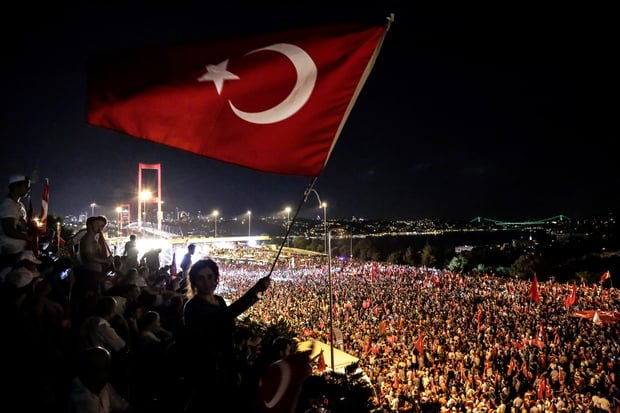
Amnesty International’s own Turkey chair, Taner Kilic, was arrested in June last year and accused of having ties to the Gulen movement. The organisation denies the accusation. In the past two years, many other prominent journalists, activists and politicians also faced charges under emergency powers.
According to the UN human rights office, Turkey has detained 160,000 people and dismissed nearly the same number of civil servants in the two years following the putsch attempt. Of those detained, some 77,000 have been formally charged and kept in jail during their trials, the interior minister said in April.
Dozens of Kurdish politicians and activists, including the former presidential candidate Selahattin Demirtas, are still in jail.
The path the Turkish government chose to follow in the two years following the coup attempt also created a rift between Turkey and its Western allies. The European Commission pulled no punches while documenting the Turkish authorities’ infringements on democratic and human rights. The US, on the other hand, repeatedly refused to extradite Gulen, claiming Turkey has not produced sufficient evidence to prove his involvement in the coup attempt.
A brand-new Turkey
But, despite growing anger outside Turkey about Erdogan’s authoritarian domestic policies, on 24 June, the majority of the Turkish population clearly signalled that they are still united behind their president.
On that day, Erdogan won a key presidential vote and become Turkey’s first executive president. The People’s Alliance, a bloc between Erdogan’s ruling Justice and Development Party (AKP) and the Nationalist Movement Party (MHP), also won a parliamentary majority in the legislative elections, guaranteeing the president another smooth term in power.
Turkey’s controversial switch to the presidential system, which substantially increased Erdogan’s powers, was perhaps the most significant outcome of the failed coup.
In Turkey it was known before the coup attempt that Erdogan’s preferred system of governance is executive presidency. Throughout his political career, Turkey’s president repeatedly underlined the problems that come with the parliamentary system – namely weak coalition governments, clashes between the president and the government, and a general lack of direction.
However, until the coup attempt, no one in the country including Erdogan dared to officially propose making such a drastic change in the way country is governed.
But nine months after, Erdogan declared that a system change was needed to address Turkey’s security challenges. In December 2016, the AKP unveiled a draft constitution that would replace the parliamentary system with a “Turkish-style” executive presidency.
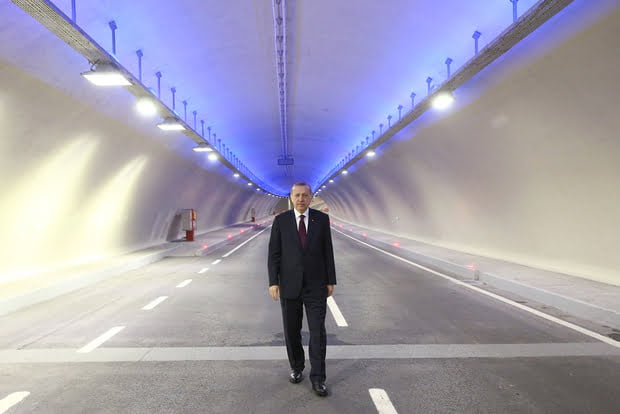
The proposed changes drew strong criticism from the opposition, yet at that point Turkey was already deep into the state of emergency, media was being controlled even more strictly then before, and Erdogan was practically being seen by his supporters as a national hero who could do no wrong.
In that environment, on 16 April 2017 the Turkish public voted in a referendum to decide the fate of the constitution. With only 51.4 percent of the votes, Erdogan claimed victory. A new Turkey was born on the back of a devastating coup attempt.
Not all doom and gloom
It is hard to deny the fact that following the failed putsch Turkey’s democracy sustained significant blows, and not solely from the coup plotters, who wanted to topple a democratically elected government. Turkey is still living under a state of emergency and its system of checks and balances is significantly weaker under an executive presidency that gives a single, albeit elected, leader unprecedented powers.
However, 87 percent of all registered Turkish voters went to the polls on June 24 to have their say in the country’s future. Three major presidential candidates – even though one of them was forced to run a campaign behind bars – had a chance to contest Erdogan’s rule. The race may not be completely just, with mainstream media not giving enough screen time to the incumbent president’s rivals, but it was legitimate.
Turkey undoubtedly changed, and not completely for the better, following the15 July coup attempt. But that night, Turks proved that the era of military coups and interventions are truly over. And, despite everything that followed, this is still a result worthy of pride and celebration.
Photo: A rally in Istanbul is held to mark the anniversary of the coup attempt in Turkey (AFP)

